Integrity: Infrastructure of carbon markets
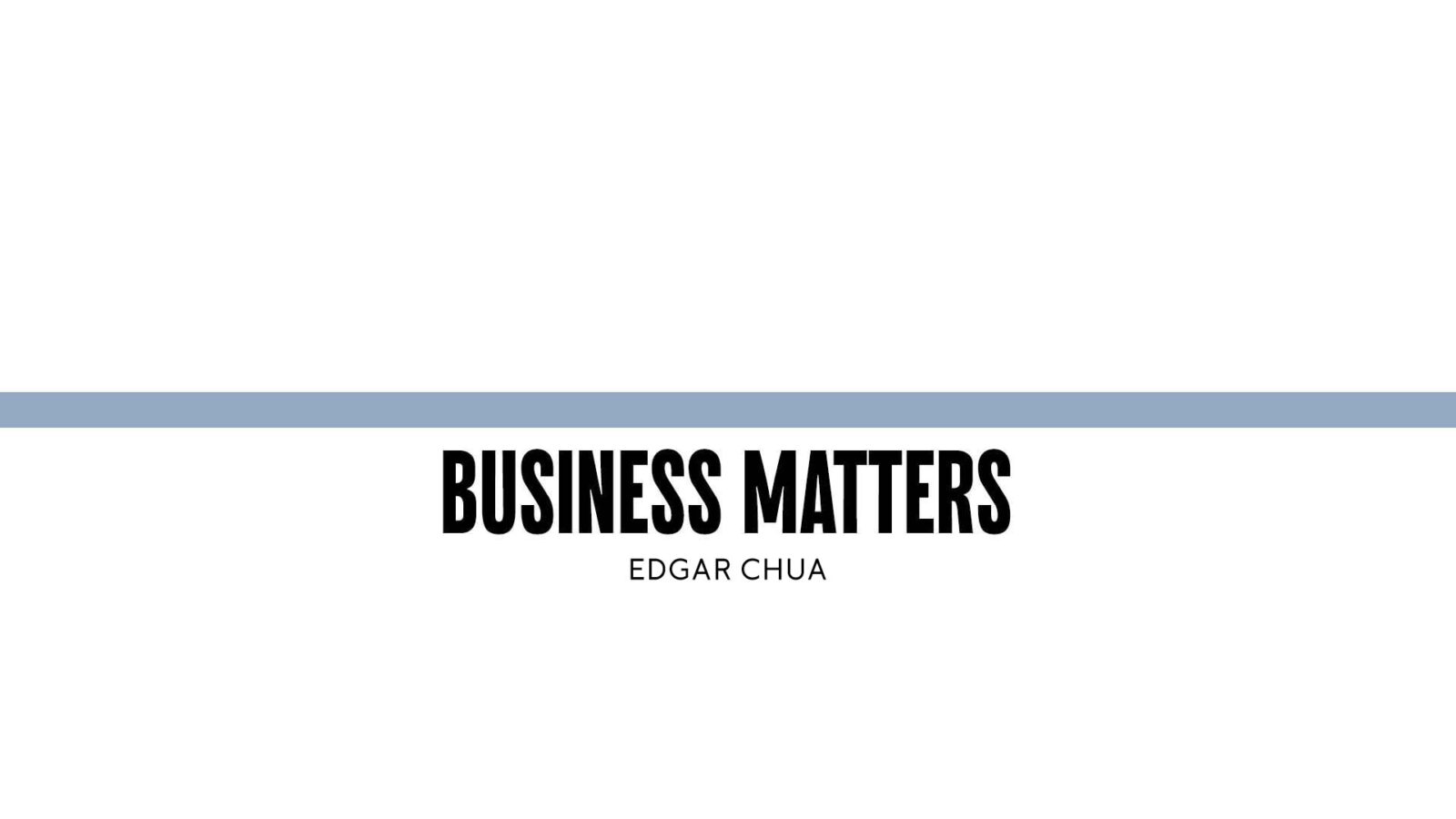
When more than 200 business, government, and development leaders gathered at the recent High-Level Forum on Carbon Credits, one thing became clear: the Philippines is ready to join the conversation on how carbon markets can finance climate action. The harder question we must answer together is whether we can build a market that the world can trust.
For years, climate discussions focused on regulations and renewable targets. Carbon markets mark a new phase—turning decarbonization and nature protection into investible opportunities. When designed well, they channel resources from those with the means to those with the capacity to reduce or remove emissions, from forest restoration and mangrove protection to cleaner energy and waste-to-value projects. These transactions can fund real transformation in communities. But that “when designed well” caveat is everything.
The past decade offers lessons worth remembering. Some carbon programs delivered measurable impact, while others faced scrutiny for overstated claims or weak safeguards. In several markets, the absence of consistent standards eroded confidence among investors and communities alike, reminding us that transparency and verification are not technicalities but the foundations of trust. Without them, credits lose value. With them, carbon markets can channel finance to the right projects and accelerate our collective transition.
At one point during the forum, participants were asked to share one or two words that captured what they felt after the first panel. The largest word in the cloud was “integrity.” The second was “uncertainty.” That brief exercise summed up the challenge ahead: building confidence in a market still finding its footing.
Investors and developers are eager to move but seek clarity. Who owns the emission reduction? How are benefits shared? How do we ensure every ton of carbon avoided or removed is real, additional, and permanent? These are not abstract details but the guardrails of a credible market.
The Philippines and Singapore are negotiating an implementation agreement under Article 6 of the Paris Agreement—a step that can enable the generation and transfer of internationally recognized carbon credits. For the Philippines, this partnership is both an opportunity and a test: can we match investor interest with policy coherence, and project potential with verification discipline?
The foundations are taking shape. The Department of Environment and Natural Resources and the Department of Energy have signaled their commitment to align rules on measurement, reporting, and verification, while the private sector is mapping pipelines from renewable energy to agroforestry and industrial efficiency. These pieces must connect through an integrated registry, harmonized permitting, and clear guidance on how voluntary and compliance markets interact.
Integrity will distinguish the Philippines as a credible partner in Asia’s climate finance landscape. If we build systems that inspire confidence, in which every project is auditable, every benefit traceable, and every stakeholder accountable, investors will come, and communities will benefit.
The business sector has an active role to play. Companies can pilot projects that meet international standards, disclose methodologies, and adopt benefit-sharing models that respect local livelihoods. Industry groups can pool expertise and advocate for consistent policies. Platforms like the Makati Business Club can convene the dialogue between government, business, and civil society that keeps ambition grounded in integrity.
Carbon markets are not a silver bullet but can help bridge the financing gap for hard-to-abate sectors and restore our natural capital, complementing deeper decarbonization within value chains. Done right, each credit from a Philippine project can reflect the governance, transparency, and collaboration that give carbon markets lasting credibility.
The Philippines has long been described as climate-vulnerable. Perhaps this is our chance to be known instead as climate-capable—a country that turns vulnerability into innovation, complexity into collaboration, and ambition into accountable action. We can build a market that others look to as a model, not because it is perfect, but because it is principled.
The forum closed on a hopeful note. The next step is to turn that momentum into consistent policy and credible practice. This will require persistence, transparency, and trust—qualities that have long defined the best of Philippine business.
—————-
Edgar O. Chua is chair of the Makati Business Club’s board of trustees and is a board member of First Gen Corp. This column was prepared with support from Eunice Tanilon of MBC’s sustainability team, drawing from the High-Level Forum on Carbon Credits (Learn more about the forum: https://tinyurl.com/myyms9wv).
—————-
Business Matters is a project of the Makati Business Club (makatibusinessclub@mbc.com.ph).












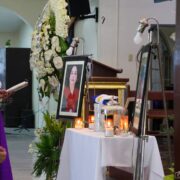

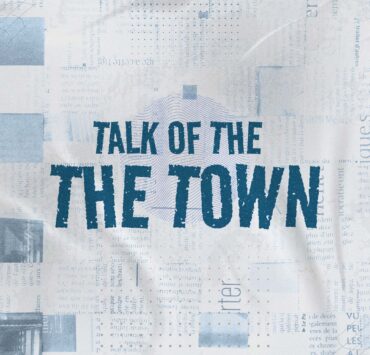
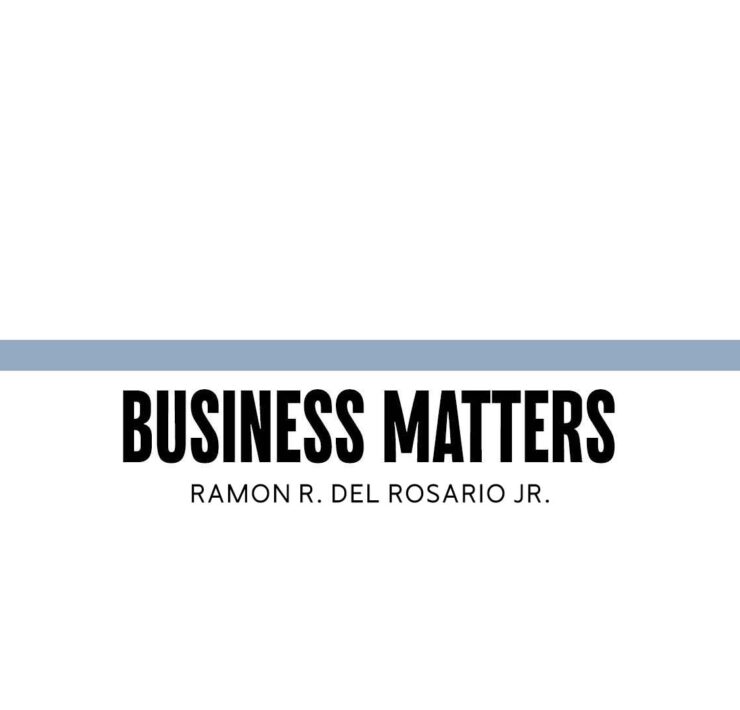
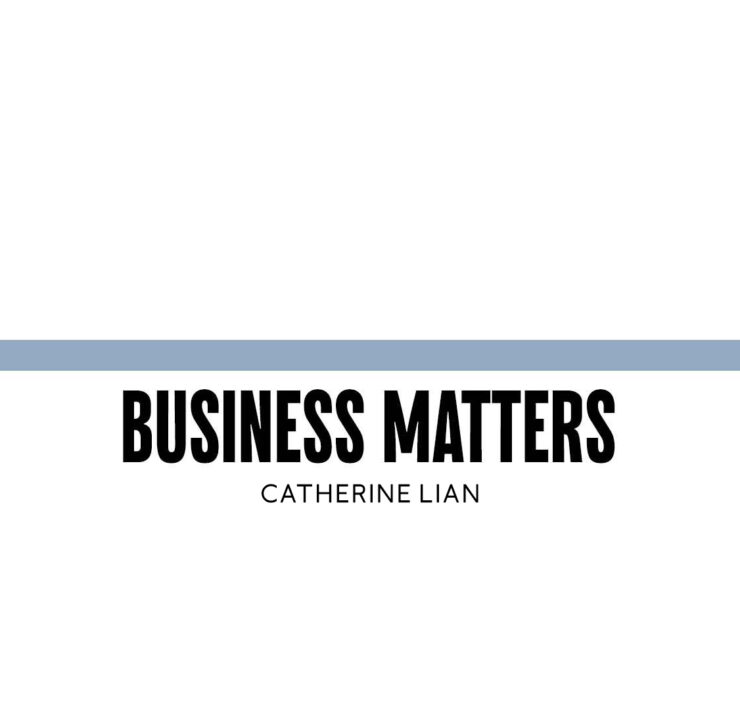
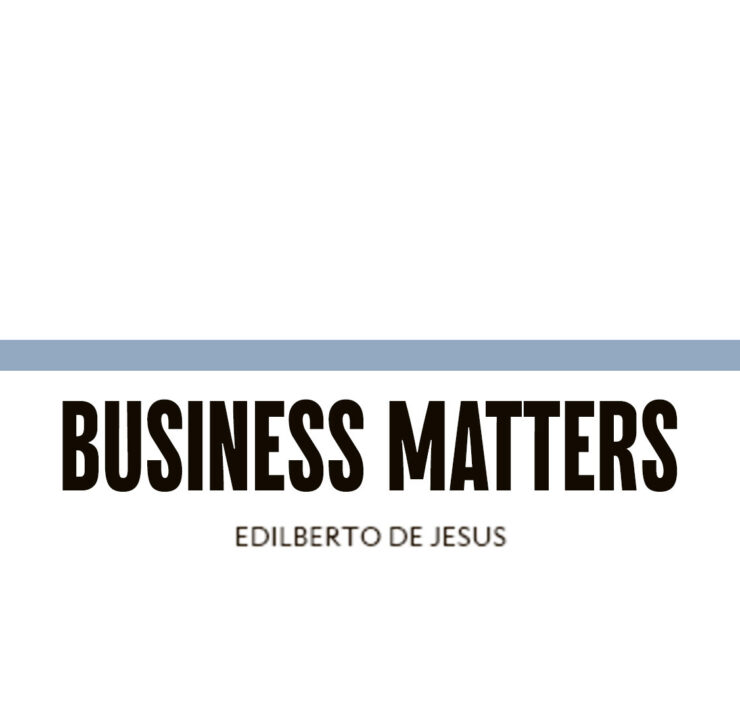
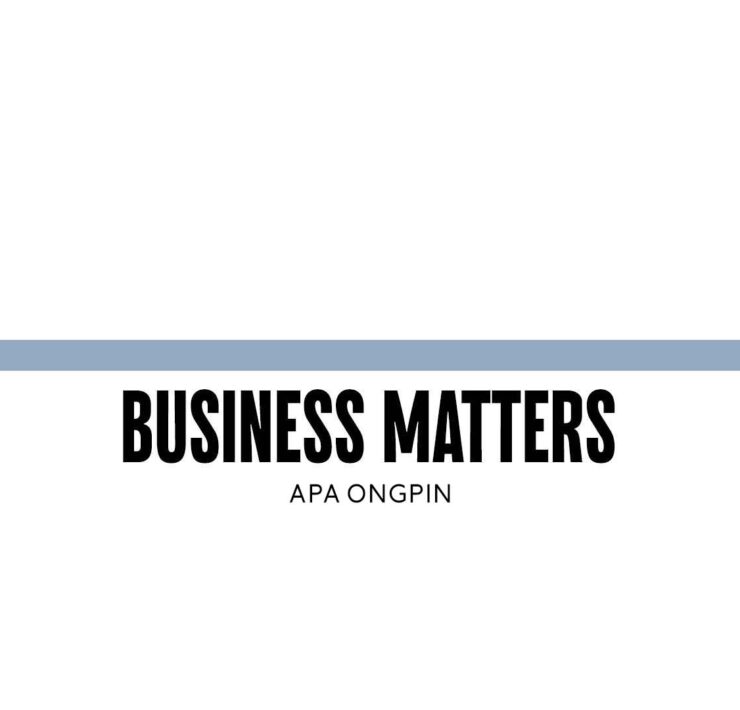


Reflections on the 2026 national budget